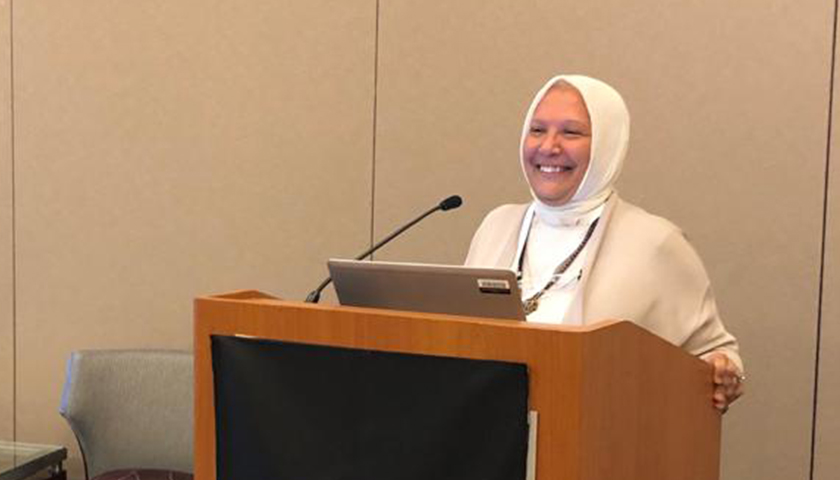by J.D. Davidson
A judge has ruled a lawsuit challenging the city of Cleveland’s ability to collect income tax from a doctor who had not worked in the city during the pandemic can go forward.
Dr. Manal Morsy’s lawsuit, one of several filed against Ohio cities by The Buckeye Institute, tests a state law that was altered during the COVID-19 pandemic to continue to allow cities to collect taxes from workers who did not work in those cities.
Cuyahoga County Court of Common Pleas Judge Dick Ambrose denied Cleveland’s motion to dismiss Wednesday.
“Today’s ruling allows The Buckeye Institute’s case to move forward and ensures that Dr. Manal Morsy will have her day in court to challenge the city of Cleveland’s unconstitutional attempt to impose an extraterritorial municipal income tax on people who do not live in Cleveland – or even live in Ohio in Dr. Morsy’s case – and did not work in the city during the pandemic,” Jay Carson, senior litigator with The Buckeye Institute, said. “This type of government overreach offends the basic principles of fairness recognized by the Ohio Supreme Court.”
Morsy, a Pennsylvania resident who works in Cleveland, had not worked in Cleveland, nor the state, for more than year but continued to pay the city’s municipal income tax.
Morsy lives in Blue Bell, Pennsylvania, a Philadelphia suburb, and commuted to her workplace in Cleveland before the pandemic. She would spend the week in Cleveland working and would return home on the weekends. Since March 2020, however, she has worked exclusively from her Pennsylvania home.
Throughout that time, Cleveland continued to collect income taxes from her.
The Buckeye Institute filed an appeal earlier this month in a similar case against Cincinnati that was dismissed in June. It has filed lawsuits in three other similar cases. One was settled, another is on appeal and another has yet to have a decision issued.
The Ohio General Assembly passed legislation at the beginning of the pandemic that kept the state’s income tax laws as is, allowing cities to continue to collect taxes from workers even though they worked remotely in another city rather than working in the city where the employer was located.
It was an effort to stabilize revenues for municipalities, and, in particular, larger communities, where larger employers are based.
The House passed a bill in June that requires employees to pay income taxes in the city where they work. If work is done at home, then that community benefits, rather than where the traditional workplace is located.
Sen. Kristina Roegner, R-Hudson, introduced a bill in February that returns the state’s income tax law to prepandemic regulations, meaning most employees pay taxes in the city they live and the city they work.
Senate Bill 97, still in committee, repeals a pandemic stopgap passed by the Ohio Legislature last spring that allowed cities that are the home to businesses to continue to collect income taxes from employees who worked from home in another community.
“After a couple of months (of the pandemic), you set up a situation where I believe is unconstitutional,” Roegner said earlier this year. “You have people paying taxes to a city the people have not set foot in in months.”
– – –
An Ohio native, J.D. Davidson is a veteran journalist with more than 30 years of experience in newspapers in Ohio, Georgia, Alabama and Texas. He has served as a reporter, editor, managing editor and publisher. He is regional editor for The Center Square.
Photo “Dr. Manal Morsy” by Athersys.





